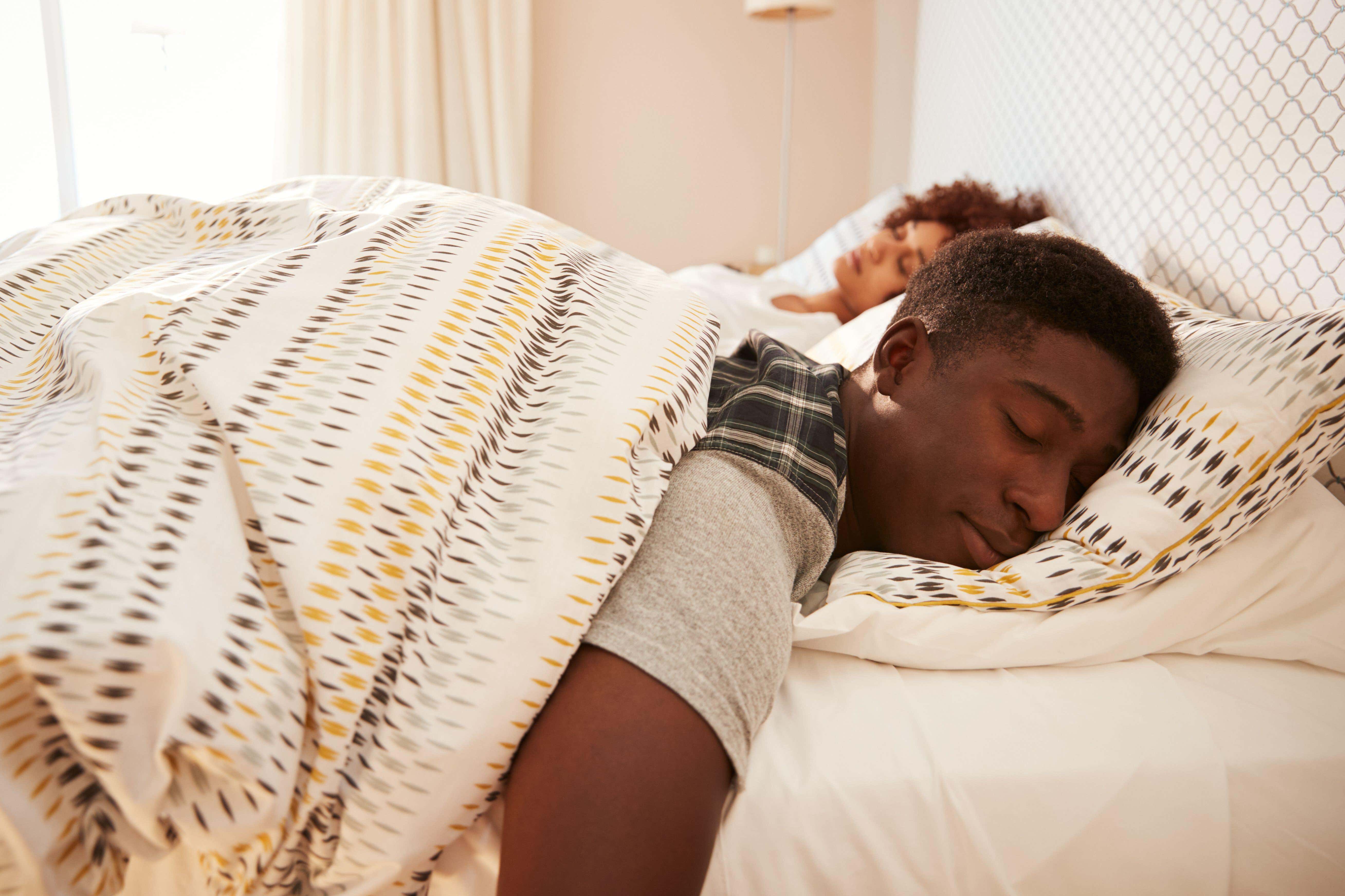How hitting the snooze button could save your life
She was called Sleeping Beauty for a reason

Your support helps us to tell the story
From reproductive rights to climate change to Big Tech, The Independent is on the ground when the story is developing. Whether it's investigating the financials of Elon Musk's pro-Trump PAC or producing our latest documentary, 'The A Word', which shines a light on the American women fighting for reproductive rights, we know how important it is to parse out the facts from the messaging.
At such a critical moment in US history, we need reporters on the ground. Your donation allows us to keep sending journalists to speak to both sides of the story.
The Independent is trusted by Americans across the entire political spectrum. And unlike many other quality news outlets, we choose not to lock Americans out of our reporting and analysis with paywalls. We believe quality journalism should be available to everyone, paid for by those who can afford it.
Your support makes all the difference.Everyone loves the luxury of hitting the snooze button for those five extra cheeky minutes wrapped under the duvet on a frosty December morning.
But scientists are discovering those vital minutes could also help save your life.
Scientists at China’s Nanjing Medical University found that people who were sleep-deprived during a typical hardworking week but managed to grab an extra two hours’ sleep on the weekend were 63 per cent less likely to suffer a heart attack or stroke.

The sleep cycle study tracking 3,400 people, also found in contrast, workers who got less than six hours a night during the working week and didn’t snooze on weekends were more at risk of cardiovascular disease.
The researchers said: “Weekend catch-up sleep is [also] associated with a low risk of angina, stroke and heart disease – especially in those with short sleep durations during the week.
“Research has shown sleep is not only for physiological rest but also has profound effects on cardiovascular health.”
Decades of previous research suggested that hitting snooze can have negative effects, both on sleep and the brain’s ability to wake up with doctors recommending deep unbroken sleep instead.
A new study, published in the Journal of Sleep Research, assessed how common snoozing is and what effects this behaviour has on sleep, sleepiness, mood, and the brain’s cognitive abilities.
Researchers found that those who snooze on average sleep slightly shorter and feel more drowsy in the morning compared to those who never snooze.
But they also saw that there were no negative effects of snoozing on the release of the stress hormone cortisol, mood, or sleep quality throughout the night.
Other studies have found snoozing an extra hour or two can ward off obesity and depression.
Join our commenting forum
Join thought-provoking conversations, follow other Independent readers and see their replies
Comments